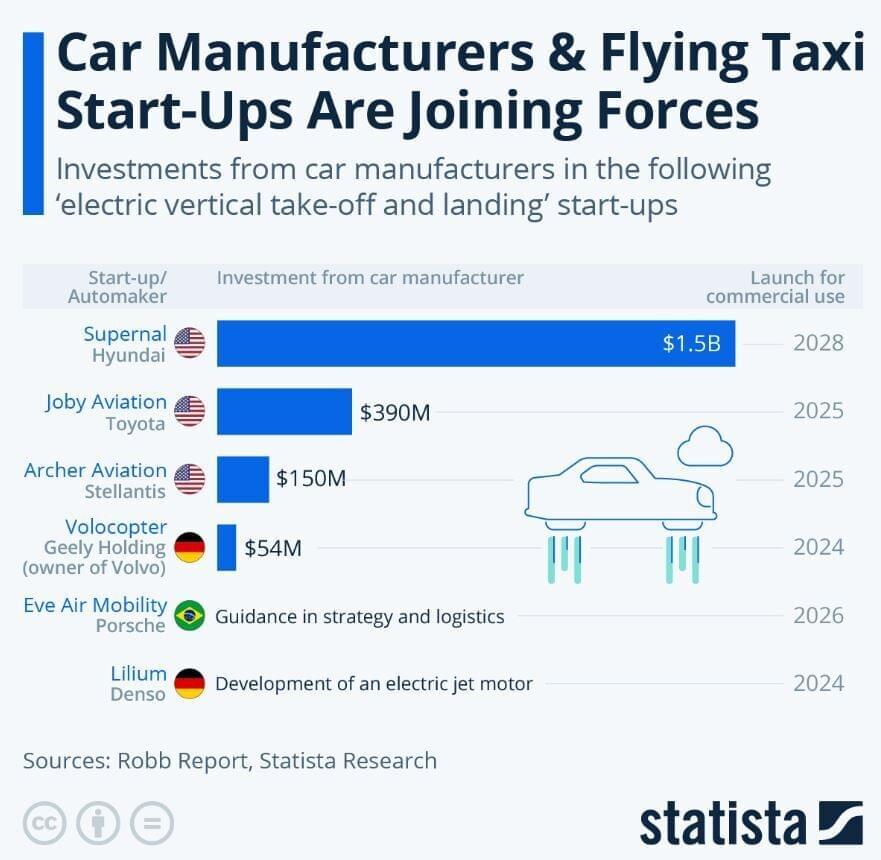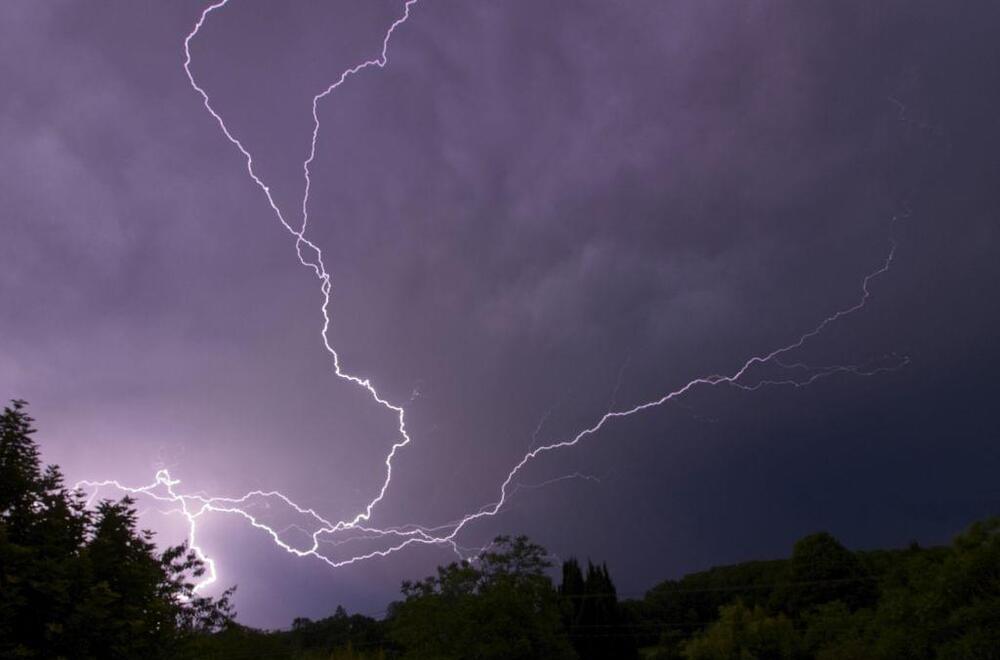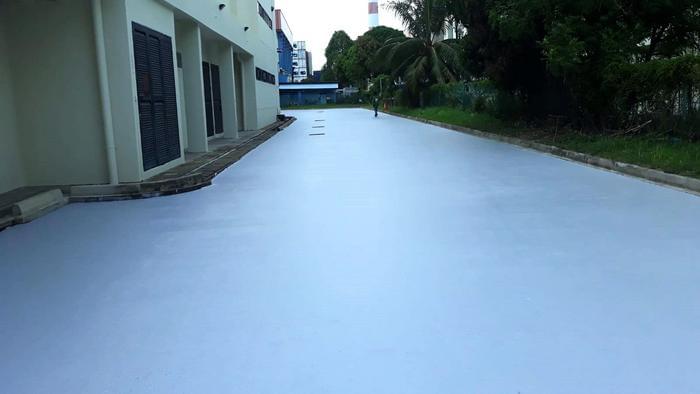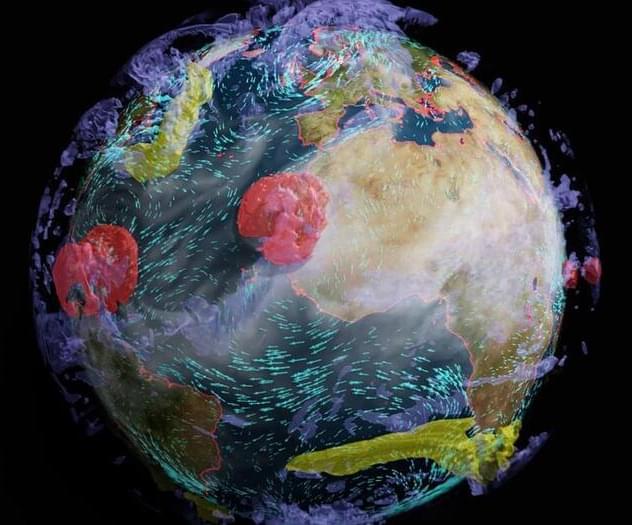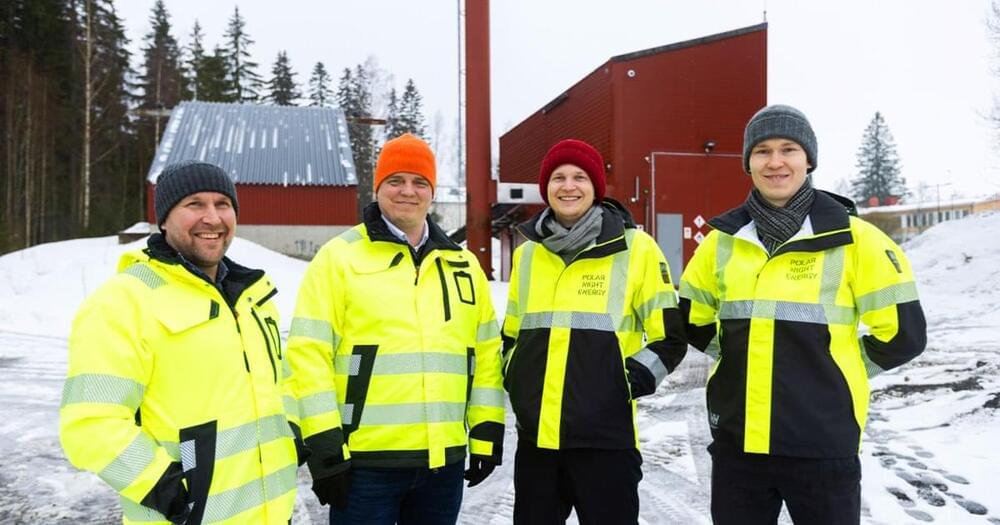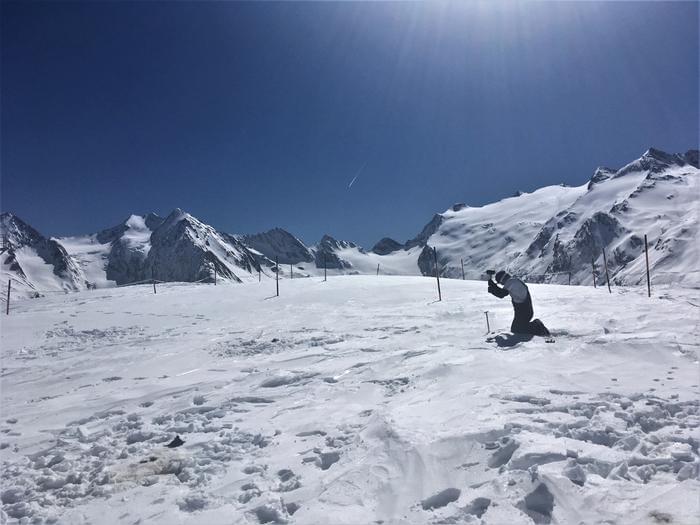
“Declining winter snow cover is one of the most obvious and pronounced impacts of climate change in the Alps. Its effects on the functioning and biodiversity of alpine ecosystems are a major concern for people living in Alpine regions and beyond,” said Dr. Michael Bahn.
How can the impacts of climate change alter biodiversity in vast mountain ranges throughout the world? This is what a recent study published in Global Change Biology hopes to address as a team of international researchers investigated how decreased levels of vegetation and snow cover in the Alps due to climate change are having adverse effects on the region’s biodiversity. This study holds the potential to help scientists, legislators, and the public better understand the short-and long-term impacts of climate change on regions across the globe.
For the study, the researchers examined variances in soil grassland microbial nitrogen cycling within the Alps during the spring and autumn due to their warming temperatures that are exceedingly more than twice the global average. In the end, the researchers discovered that nitrogen uptake by plant organics were reduced in the spring and autumn by 70 percent and 82 percent, soil microbial biomass was reduced by 19 percent and 38 percent, and the number of harmful bacteria that could have adverse effects on nitrogen production increased 253 percent and 136 percent, respectively. Collectively, the researchers determined that climate change is having an adverse effect on nitrogen cycling within the Alps’ grasslands.
Continue reading “Impacts of Reduced Snow Cover and Shifting Vegetation Patterns on Alpine Biodiversity” »

